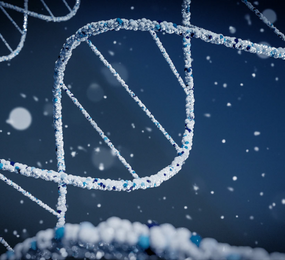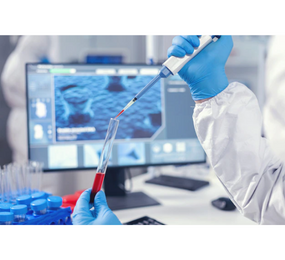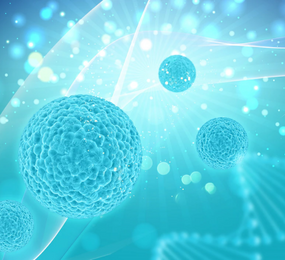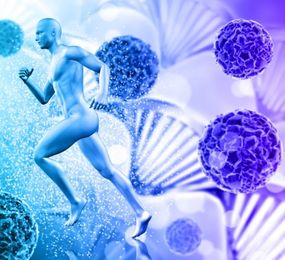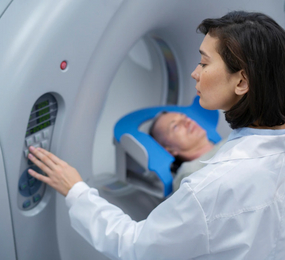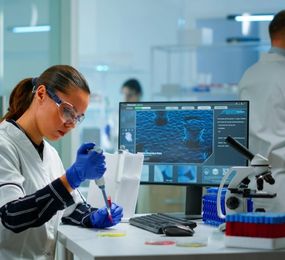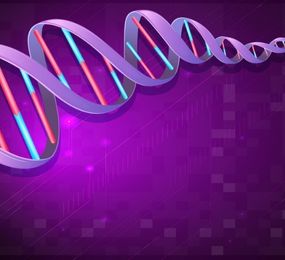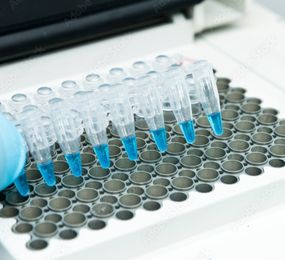Upstream Bioprocessing: Challenges and Advances in Cell Culture Systems
Upstream bioprocessing, a critical step in the production of biopharmaceuticals, involves cultivating cells to produce therapeutic proteins. Cell culture systems, which provide a controlled environment for cell growth, play a crucial role in this process. However, several challenges hinder the efficiency and scalability of these systems.
One major challenge is the maintenance of cell health and productivity. Cells require precise control of environmental factors such as temperature, pH, and oxygen levels. Any deviation from optimal conditions can lead to decreased cell growth and reduced product yield. Additionally, the complex nutrient requirements of cells necessitate careful formulation of culture media to support their metabolic needs.
To address these challenges, researchers have developed advanced cell culture systems. Perfusion bioreactors, for instance, enable continuous nutrient supply and waste removal, leading to higher cell densities and improved productivity. Moreover, the integration of real-time monitoring and control technologies allows for precise optimization of culture conditions.
In recent years, there has been significant progress in the development of cell lines with enhanced productivity and robustness. Genetic engineering techniques have enabled the creation of cell lines with increased expression levels of target proteins. Furthermore, the use of stem cells as a source of cells for bioprocessing offers the potential for generating a wide range of therapeutic proteins.
Visit our website to know more: https://www.leadventgrp.com/events/2nd-annual-bioprocessing-and-biologics-forum/details
For more information and group participation, contact us: [email protected]
Leadvent Group - Industry Leading Events for Business Leaders!
www.leadventgrp.com| [email protected]


